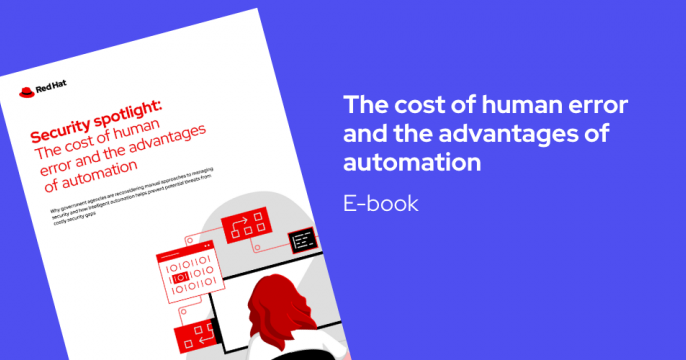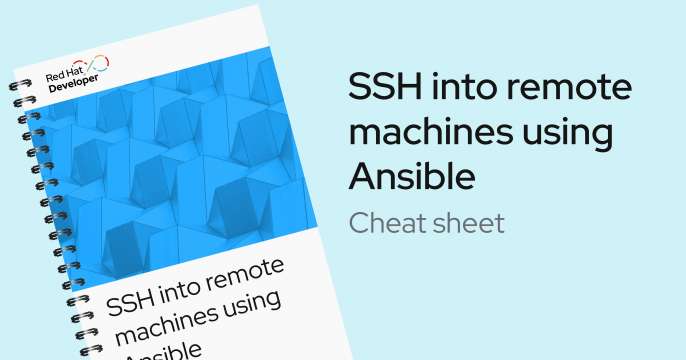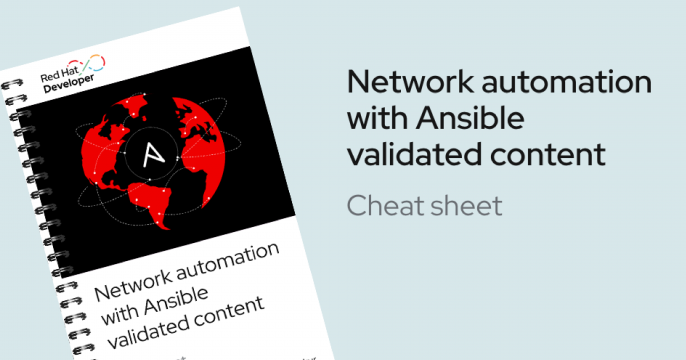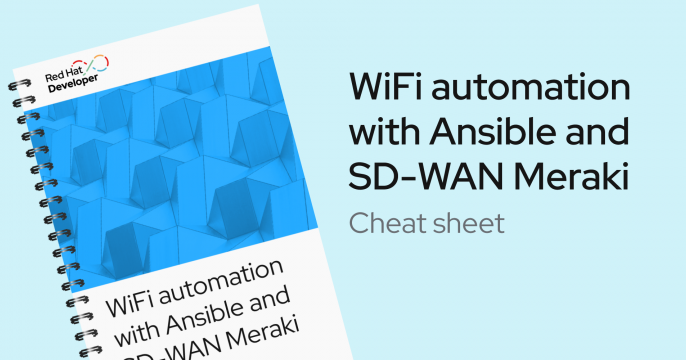Red Hat Ansible Lightspeed
Deploy consistent, reliable automation everywhere.

Generative AI, designed for enterprise automation
Red Hat® Ansible® Lightspeed is a generative AI service for Red Hat Ansible Automation Platform, empowering automation teams to work smarter, make better decisions, and resolve issues faster. By building on user expertise with Ansible-specific guidance and recommendations, Ansible Lightspeed helps boost developer productivity, address skill gaps, and make onboarding to Ansible Automation Platform easier.
Ansible Lightspeed includes:
- The Ansible Lightspeed with IBM watsonx Code Assistant, which helps automation developers create content for single tasks, multiple tasks, Ansible Playbooks, and Ansible Roles.
- The Ansible Lightspeed intelligent assistant, which guides administrators to install, configure, maintain, and optimize Ansible Automation Platform while helping IT operators analyze, troubleshoot, and optimize automation jobs and workflows.
Why use Red Hat Ansible Lightspeed?
What’s included in Red Hat Ansible Lightspeed?
Ansible Lightspeed with IBM watsonx Code Assistant
The Ansible Lightspeed with IBM watsonx Code Assistant is an integrated AI development tool that helps speed up Ansible content creation. It’s available to use directly in Visual Studio Code by installing the Ansible VS code extension. You can use natural language prompts to turn your automation ideas into Ansible code while learning Ansible best practices along the way. This service requires a subscription to IBM watsonx Code Assistant as the connected large language model (LLM).
Featured automation learning paths


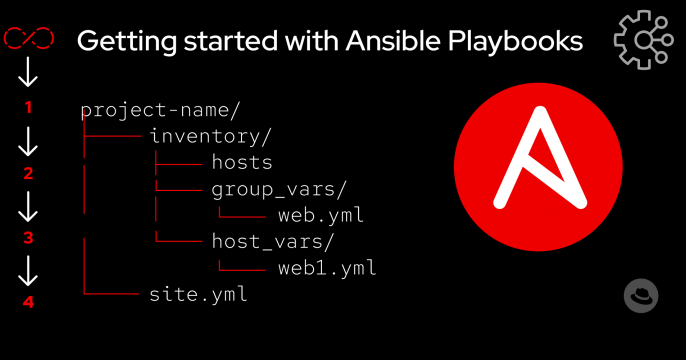
Latest Automation articles
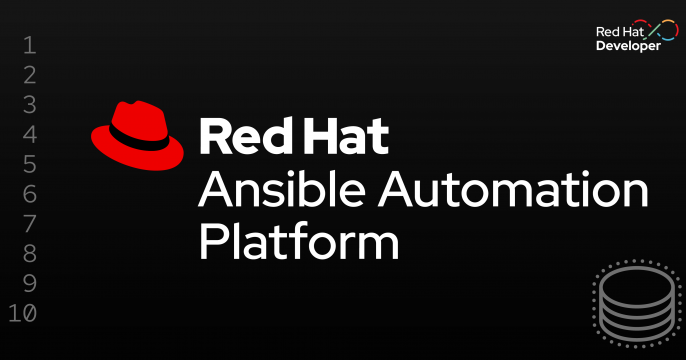
Discover what’s new in cloud automation with amazon.aws 11.0.0 and a major...

Discover the new LibSSH connection plug-in for Ansible, replacing the...
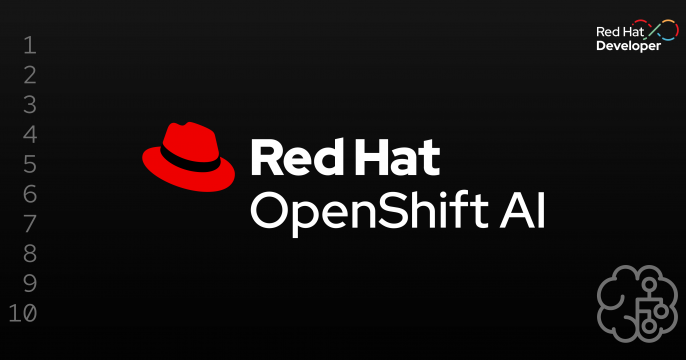
Automate Ansible error resolution with AI. Learn how to ingest logs, group...
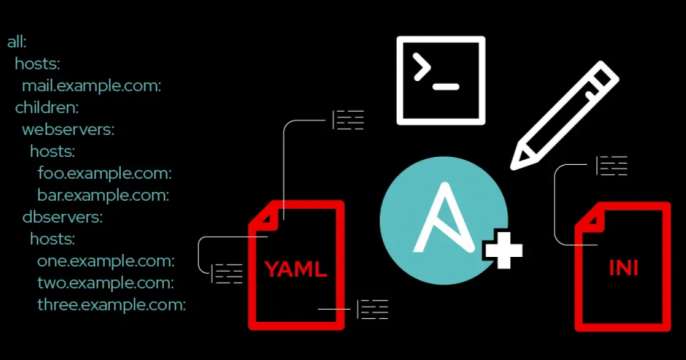
A guide to structuring your inventory to manage complex networking while...
Automation e-books

